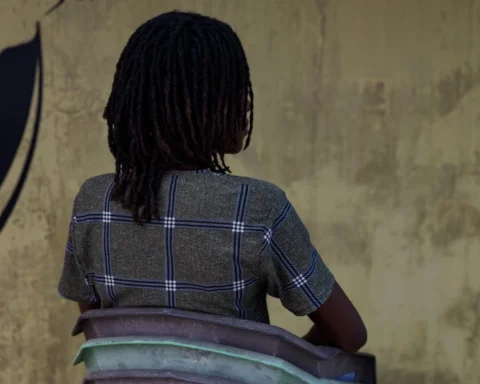Mozamique is fighting Islamic insurgents in its northeastern province of Cabo Delgado – rich in natural resources such as oil, gas and coal – a war that is sending seismic shock waves in the Southern Africa Development Community (Sadc) region which hitherto has not had Islamic jihadists on its shores.
The insurgents are threatening millions of investments by American and European countries that are seeking new investments in the lucrative extractive industries. Many an occasion the insurgents have attacked mining sites and caused terror to the local communities. Investors cannot withdraw just like they have done in other natural-resource rich countries like Democratic Republic of Congo. They stick it out by covertly sponsoring their own militias or paying protection fees.
In a bid to protect American investments, the United States government early last month approached the Zimbabwean authorities to support the Mozambican government militarily. This is unprecedented in the past two decades since the enactment of Zimbabwe Democracy and Economic Recovery Act (ZIDERA) by the US congress.
ZIDERA is a piece of legislation that empowered the US administrations to impose sanctions on Zimbabwe. The poor southern Africa country has since borne the brunt of economic sanctions – sanctions that calls upon US representatives in multilateral institutions to veto any loans to Zimbabwe.
Bloomberg, an American financial news services broke the story. “The US asked Zimbabwe to help put down an Islamist insurgency in neighboring Mozambique that’s destabilizing a region rich in natural gas, people familiar with the matter said.
“The request came in a phone call between US Assistant Secretary for African Affairs Tibor Nagy and Zimbabwe Foreign minister Sibusiso Moyo last week, the people said, asking not to be identified because the content of the talks hasn’t been made public. The foreign minister asked that the US first drop targeted sanctions against Zimbabwean officials, the people said,” the story read.
This was a curious request from the US soon after one of its national security advisors had labelled Zimbabwe foreign adversary in a television interview.
This reinforces the fact that diplomacy has always been a cloaks and dagger game, some kind of smokes and mirrors. The public or audiences are always kept guessing with only the senior players aware of what is really happening.
Foreign minister Moyo response to Bloomberg is revealing. Zimbabwe is ready to play ball, but only on condition that the US drops targeted sanctions against the African country. This could have been bravado by Moyo.
Zimbabwe and the US share a long history starting from the 1960. The US covertly helped in sanctions busting against the racist and colonial Ian Douglas Smith regime by continuing to buy Rhodesia’s chrome for its motor industry despite a United Nations economic embargo against the Smith regime.
After 1980 independence, the US continued to support Zimbabwe mainly because of fear that the African country could join the East (communist bloc of China, Cuba and Russia) at the height of cold war. The US has continued to put resources for humanitarian and public health support to Zimbabwe.
Zimbabwe also became a great ally to the US after it went into Somalia in the early 1990s after the great power had got a bloody-nose from warlords in the horn of Africa. Zimbabwe’s military, hardened by years of guerrilla warfare gave the Somali warlords a torrid time and brought relative peace to the land.
It is clear that the US has accepted it is ill-suited to intervene in Africa and would rather have someone or a country with experience in fighting in the African jungles. Zimbabwe has a head start because it fought a guerilla war for 13 years against racist and imperial Rhodesians. It has fought for a decade in Mozambique protected the Beira Corridor and was the decisive bloc in the DRC war after the fall of Mobutu Sese Seko and latterly Laurent Kabila.
The other advantage is Zimbabwe has a semi-official militia fronted by ex-Rhodie colonel Lionel Dyke. The man has seen it all and his team is providing mercenary services to the Mozambican government. It therefore makes much sense have a whole government backed operation.
With the US trying to rescue investments valued at US$60 billion in Mozambique by large American transnational corporations like Exxon Mobil Corp. and Total SE, it is plain to see where the American interests lie.
Can the US give in to Moyo’s demands on easing sanctions against Zimbabwe? It may not do that openly but behind the scenes it is cutting deals with Mnangagwa to gain that support. For the first time in two decades an American company – John Deere – has supplied agricultural equipment valued at US$51 million to Zimbabwe openly without fear of repercussions for violating ZIDERA.
It is now obvious that the Mozambican crisis will buy Mnangagwa breathing space or America will chose to give a blind eye to the administration’s human rights violations in order to protect its capital. For once, Mnangagwa can sleep ease knowing that the US, despite its public posturing against his government, is ready to deal with him behind closed doors.










